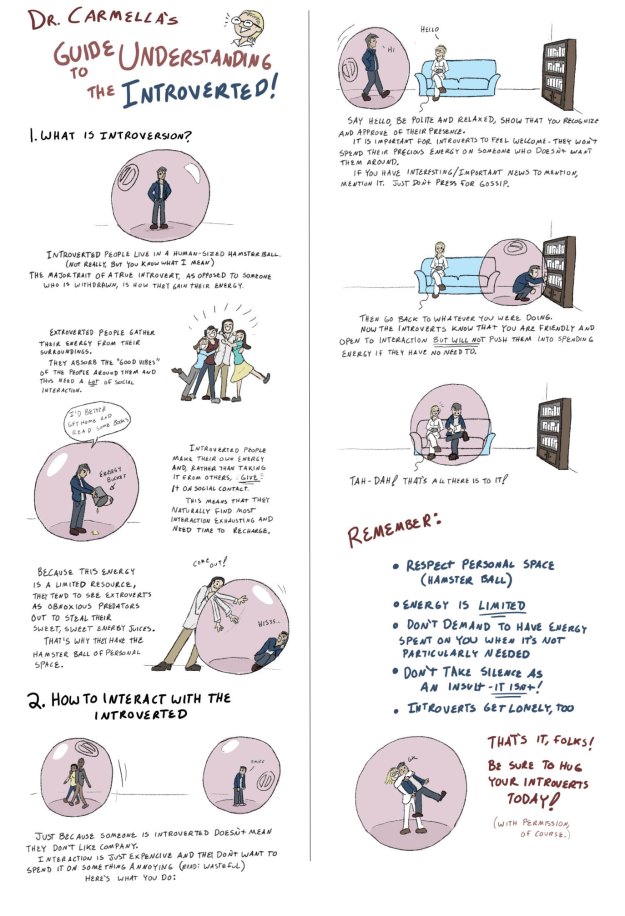 Have you heard about the Liebster Award? It’s an award bloggers give to one another to help spread word of newish/little known blogs. To get one means the person who gave it to you appreciates the work you do. And we got one! It really means a lot to me to know that there are people out there who are actually reading my blog and can relate to the things I write about. So, I especially want to thank Hella Quirky for nominating me.
Have you heard about the Liebster Award? It’s an award bloggers give to one another to help spread word of newish/little known blogs. To get one means the person who gave it to you appreciates the work you do. And we got one! It really means a lot to me to know that there are people out there who are actually reading my blog and can relate to the things I write about. So, I especially want to thank Hella Quirky for nominating me.
Each award come with instructions. Some quick googling tells me that these instructions vary depending on who exactly sent you the award, so I’m just going to stick to want was sent to me. My instructions are as follows:
1. List 5 facts about yourself
2. Answer 5 questions given to you from your nominator.
3. Create 5 new questions for the bloggers you nominate for the award.
4. Chose 5 bloggers with 200 or less followers to nominate.
5. Go to each bloggers page and let them know about the award.
6. Thank the person who nominated you and link back to their blog.
So, here we go!
1. List 5 facts about yourself
1) I love languages. English is my native language and I can also speak (or at least read) French and German.
2) I find it difficult staying in the same place for a long time. I’ve moved around a lot in my (albeit short) adult life, and I find if I stay too long in the same city, I get bored. This is very likely related to number 3).
3) I have a love/hate relationship with routine. I have routines, but they can only last for so long. For example, I normally eat the same thing every day for supper. But, after 2 or 3 months, I’ll get bored of it and find something else to eat. Then, I’ll eat nothing but that for 2 or 3 months straight.
4) I’m lazy
5) I drink way too much coffee.
2. Answer 5 questions given to you from your nominator.
1) Why did you start blogging in the first place?
I’ve always liked writing, in part because of my general love of language. I started blogging in particular because of a friend of mine. At the moment, I’m studying translation and my friend is already a translator. He told me that a translator is a kind of writer, and so I should always be writing in order to practise my skill.
2) When you’re the most down, what in life causes you to keep going?
I, of course, like movies, music, etc., but because I consider myself a writer in particular, I’ll read stuff that other people have written to remind myself what my goals are. Of course, when you’re most down, your goals can seem unattainable, but a reminder of what exactly it is you want always helps.
3) What’s your favorite ice cream flavor?
Chocolate.
4) Last day on earth, what would you do?
I’ve lived in my current city for a while now, but there are still places I haven’t explored yet.
5) What about YOU is quirky?
I can stay locked in my room for days on end. Normally, though, I don’t plan far enough in advance, so I end up having to get groceries or something. I like doing this in the dead of winter and I can imagine how cold and inhospitable it is outside while I’m nice and warm in my apartment.
3. Create 5 new questions for the bloggers you nominate for the award
1)What topics do you find yourself blogging the most about?
2) Is blogging a pass-time for you, or have you made it a part of your career?
3) What’s your number 1 guilty pleasure?
4) What achievement are you proudest of?
5) If you could prevent one thing from happening to you in the past, would you be a completely different person today and would you rather be that different person than to have lived through whatever thing had happened to you?
4. Chose 5 bloggers with 200 or less followers to nominate.
1) Moments of Mezz
2) Nearly Missed It
3) Taxi Dog Blues
4) The “In” Librarian
5) Our Vintage Life
5. Go to each bloggers page and let them know about the award.
Off to go do that now!
6. Thank the person who nominated you and link back to their blog.
Thanks, again, Hella Quirky!



